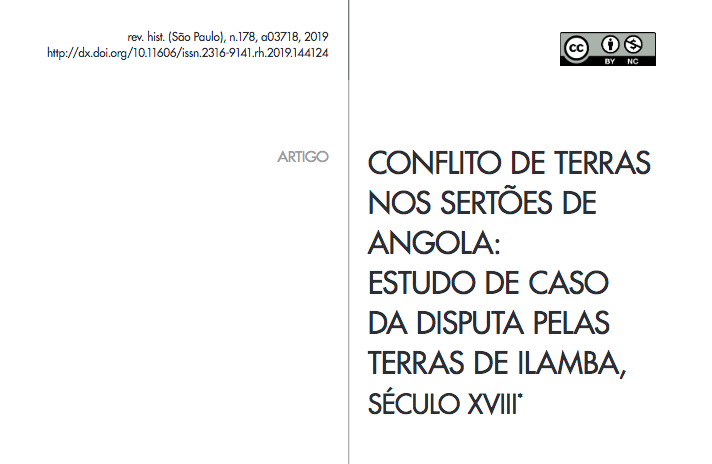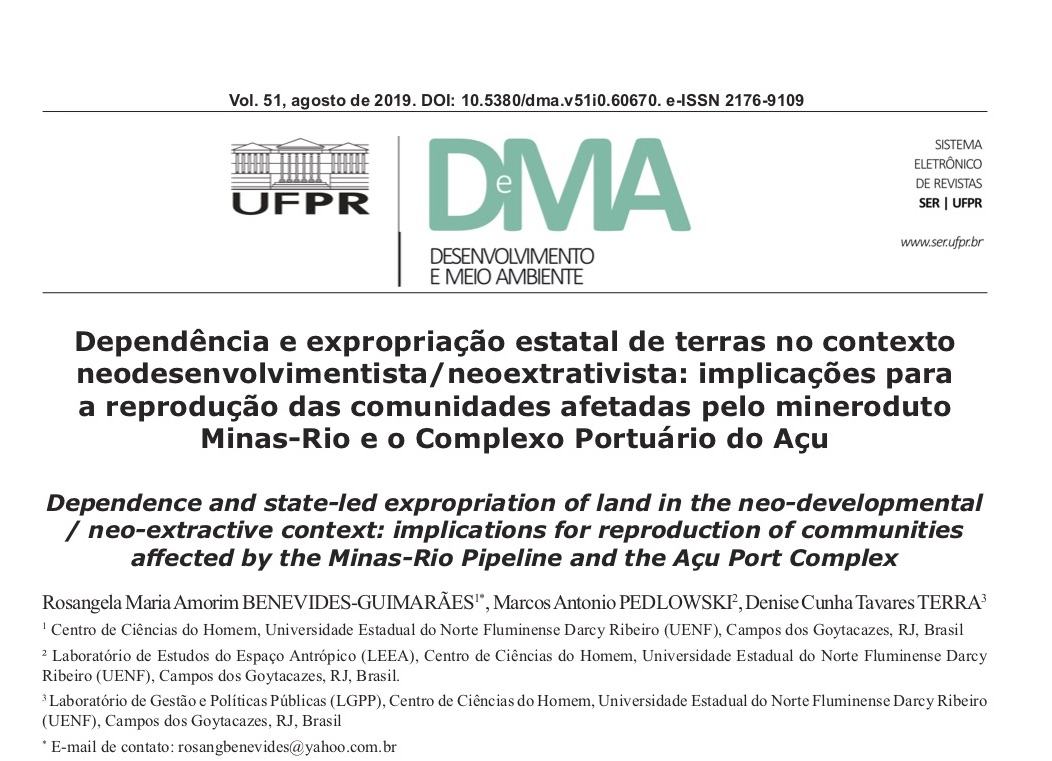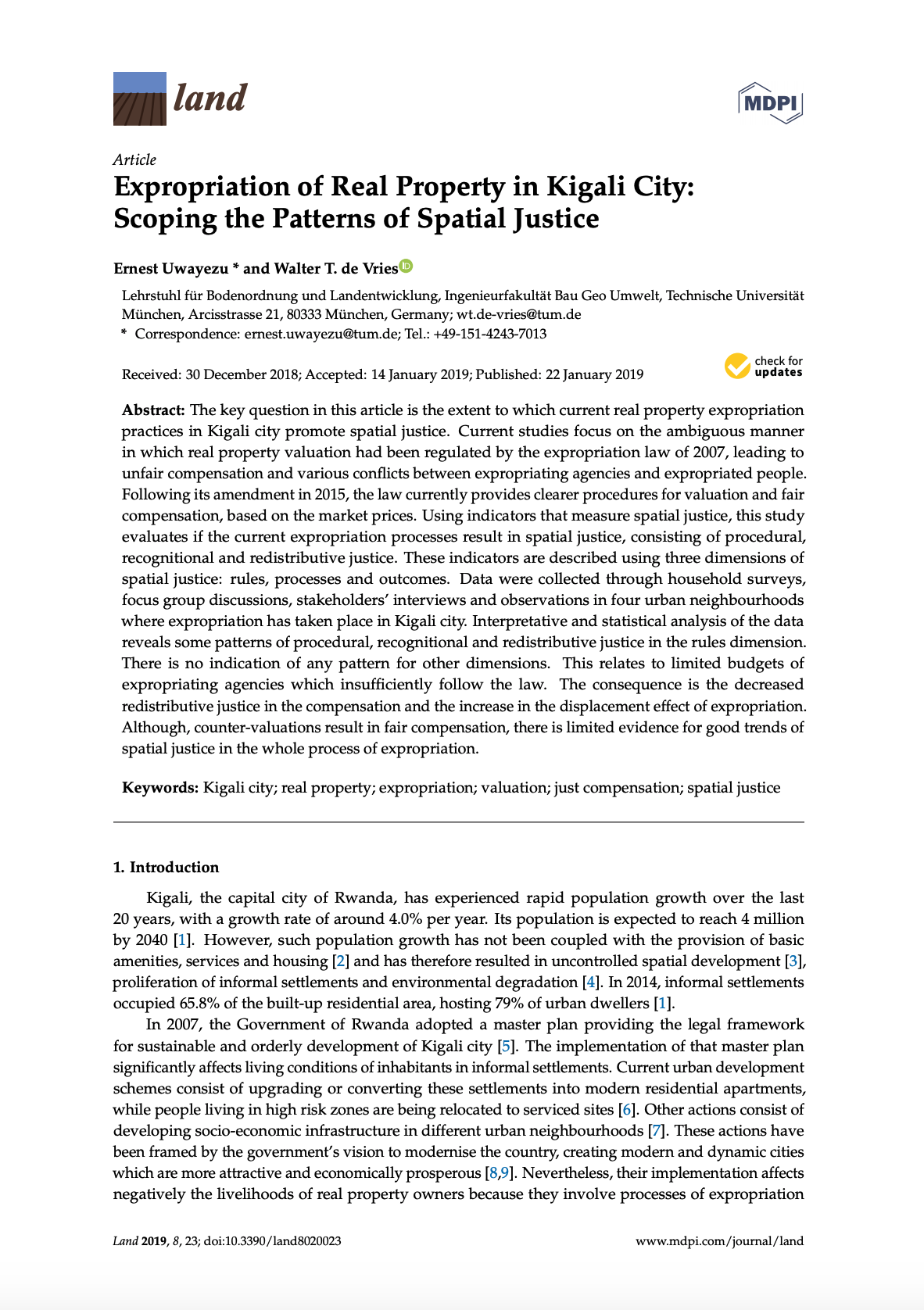Conflito de terras nos sertões de Angola um estudo de caso: a disputa pelas terras da Ilamba, século XVIII
Este artigo analisa os conflitos de terra que decorreram da instalação de uma fábrica de ferro na região da Ilamba, no interior de Angola, na segunda metade do século XVIII. A desapropriação das terras africanas, na África Centro-Ocidental, em períodos anteriores ao século XIX, é uma temática pouco abordada pela historiografia.









